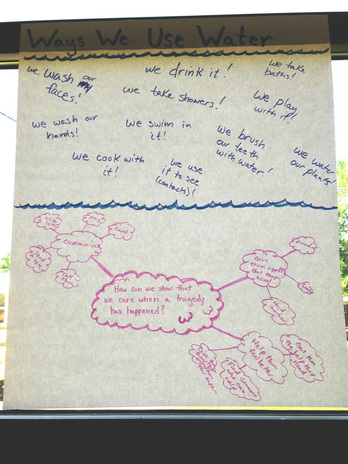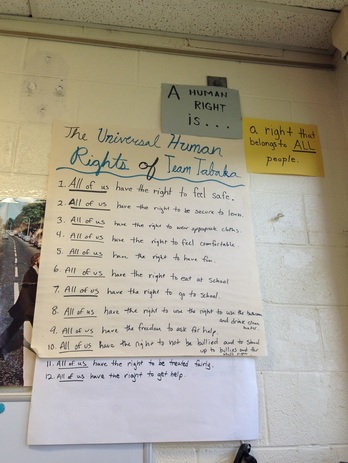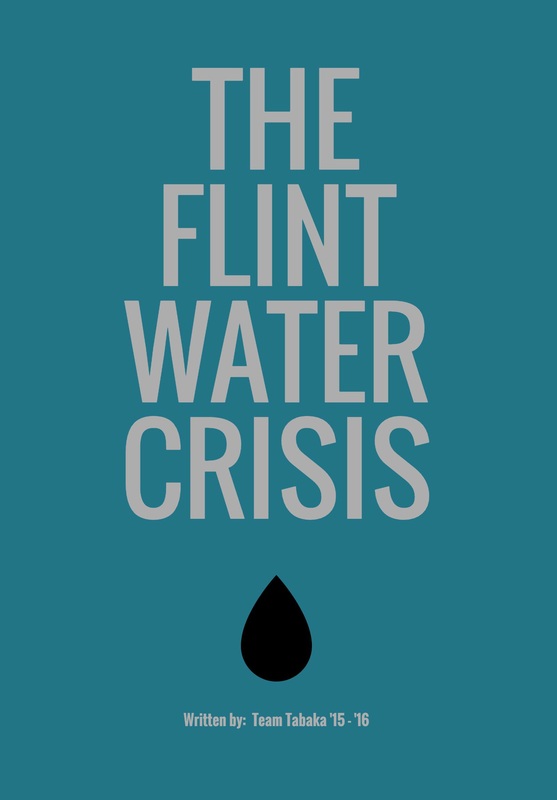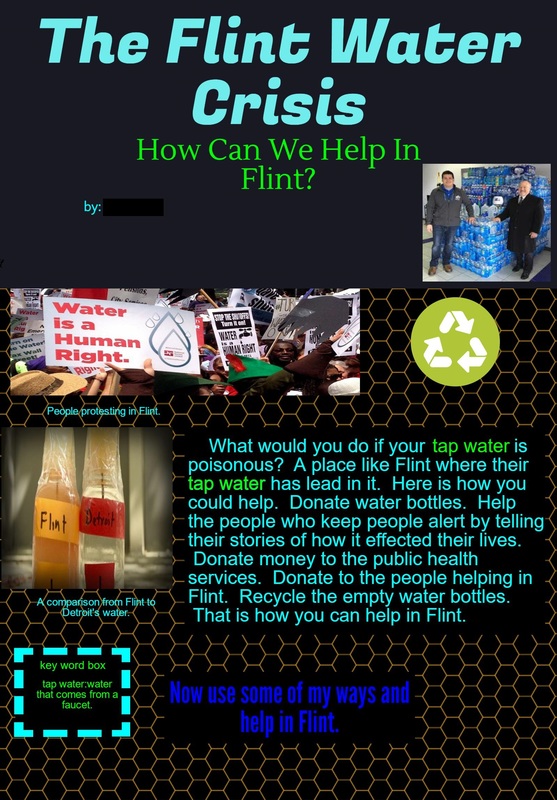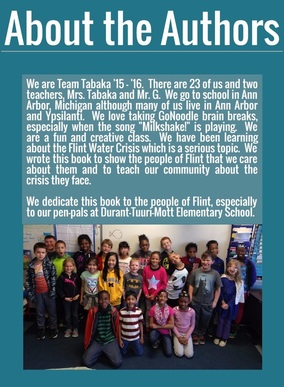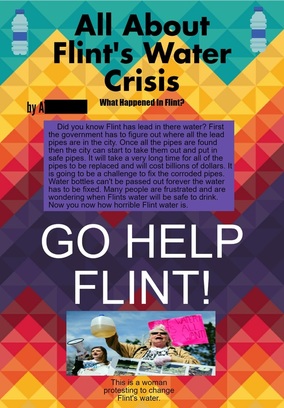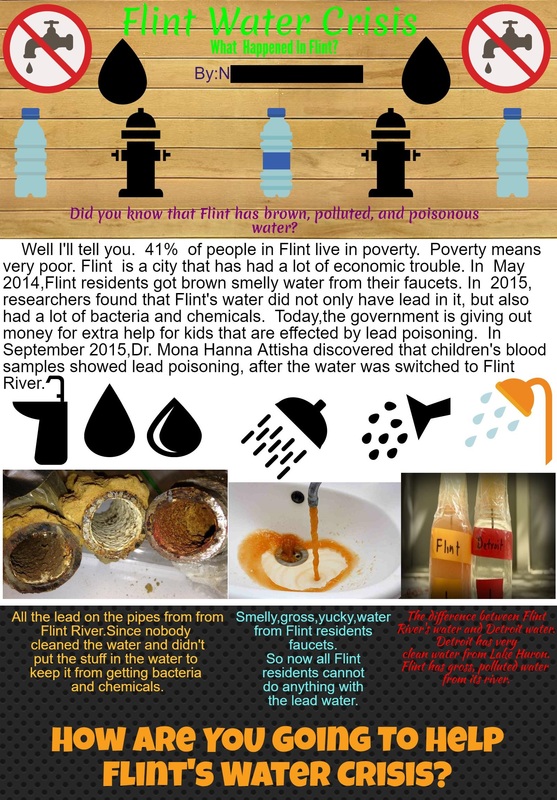The Flint Water Crisis
A Project-Based Writing Unit
Featured in: Learning First, Technology Second: The Educator's Guide to Designing Authentic Lessons
by: Liz Kolb, Clinical Associate Professor at the University of Michigan
by: Liz Kolb, Clinical Associate Professor at the University of Michigan
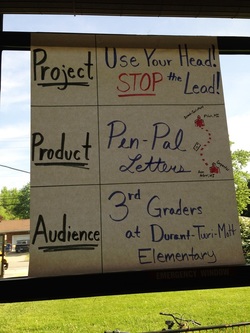
As events in Flint unfolded, particularly this year, students in my third grade class at Carpenter Elementary School expressed concern about their friends and family in Flint, as well as worry about the condition of the drinking water in our community. Hearing this, and after many discussions with my colleagues, I began to wonder: How can we show that we care when a tragedy has happened? I shared this with my students and together we brainstormed some answers to this question. Everyone agreed that people communicate to show that they care. Responding to this, guided by Ann Arbor report card and Common Core Standards for third grade, I sought out to connect my students with students just like them in Flint. Luckily, we found a group of wonderful teachers at Durant-Tuuri-Mott Elementary School who agreed to be our third grade pen-pals. We immediately got to work to research more about what had happened in Flint and began crafting our first pen-pal letters. 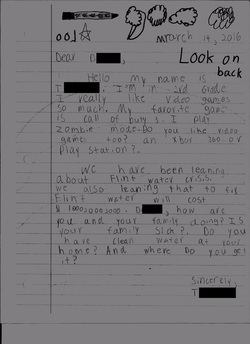
Feature writing and growing informational text literacy is an essential thread woven throughout the standards for third grade learners. Rooted in the interests of my students, and with standards in mind, we set out to show we care in a different way: by teaching others about the issue. We embarked on a three week research project learning about the importance of water in our environment, the effects of lead on the body, the connections between Flint and our community, what are Universal Human Rights, and discovering the utility of various informational text features. This project culminated in the creation of infographics using the Piktochart website which we combined into a book about the Flint Water Crisis. This book was published and put in our school's library for future students to read and learn about what happened in Flint this year.
Check out some sample work from our Flint Water Crisis book by Team Tabaka below! |
